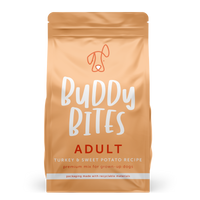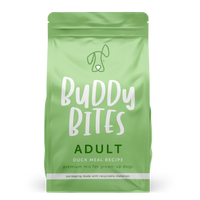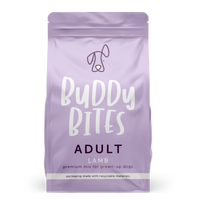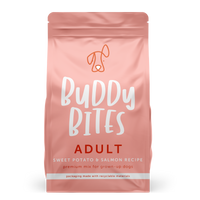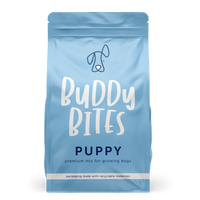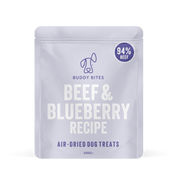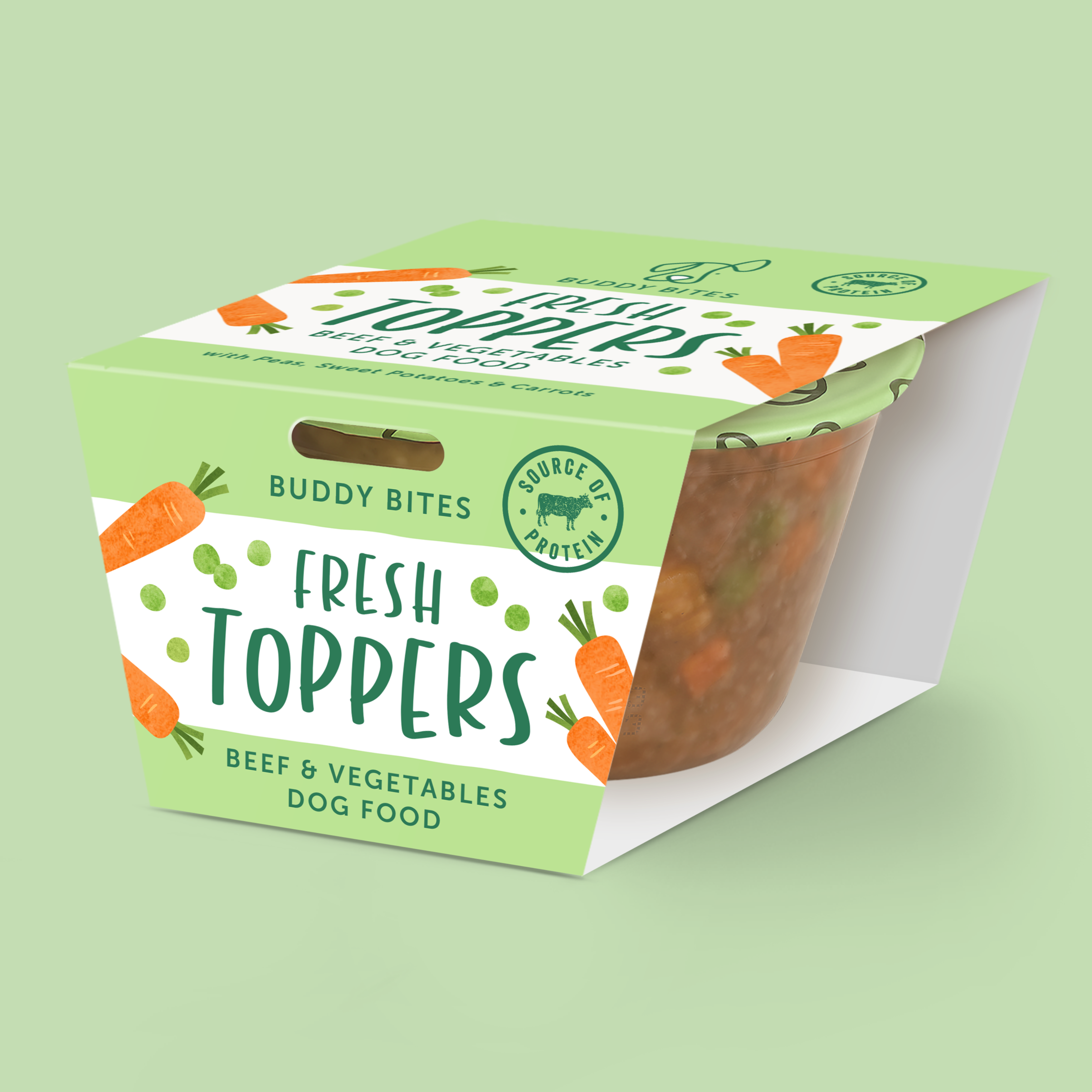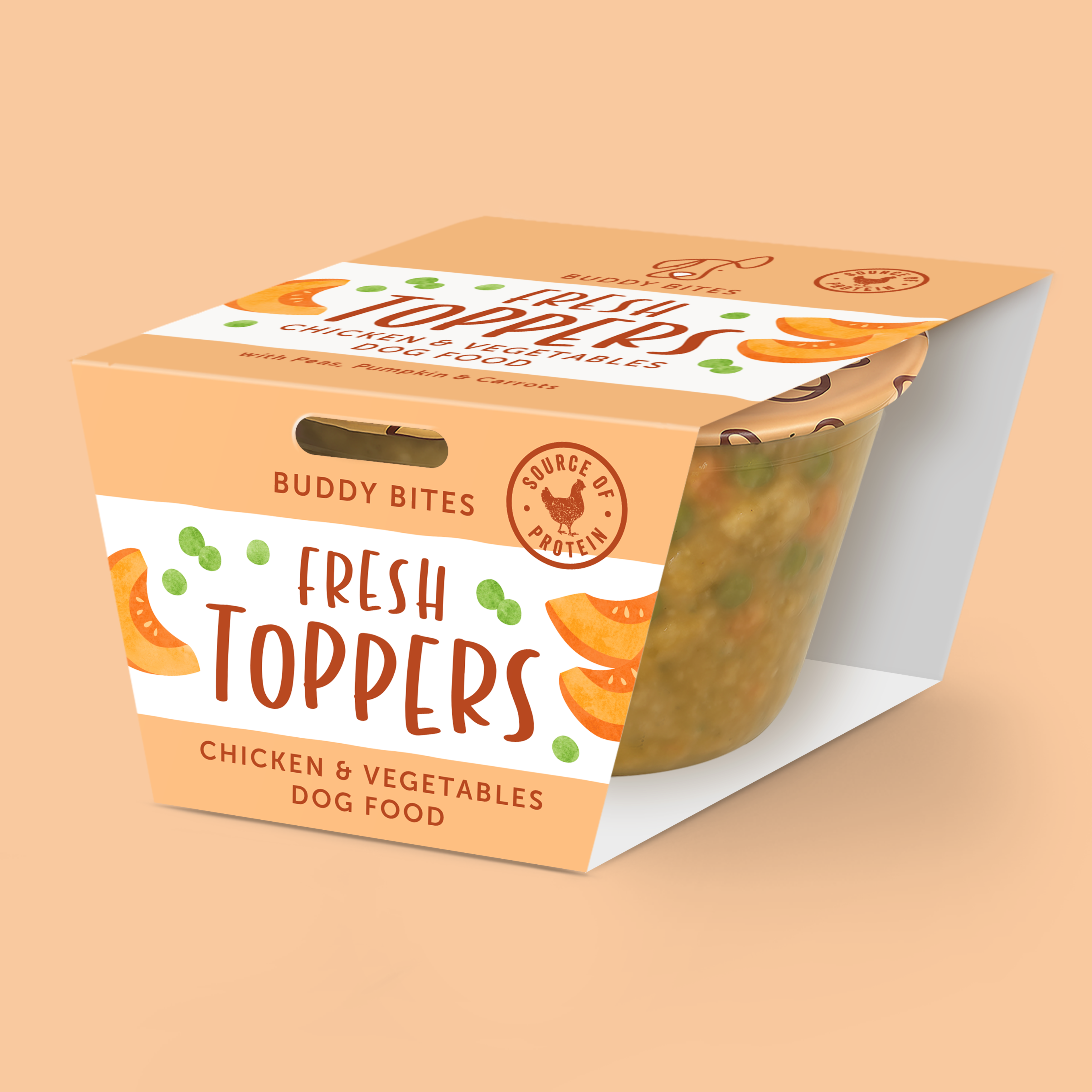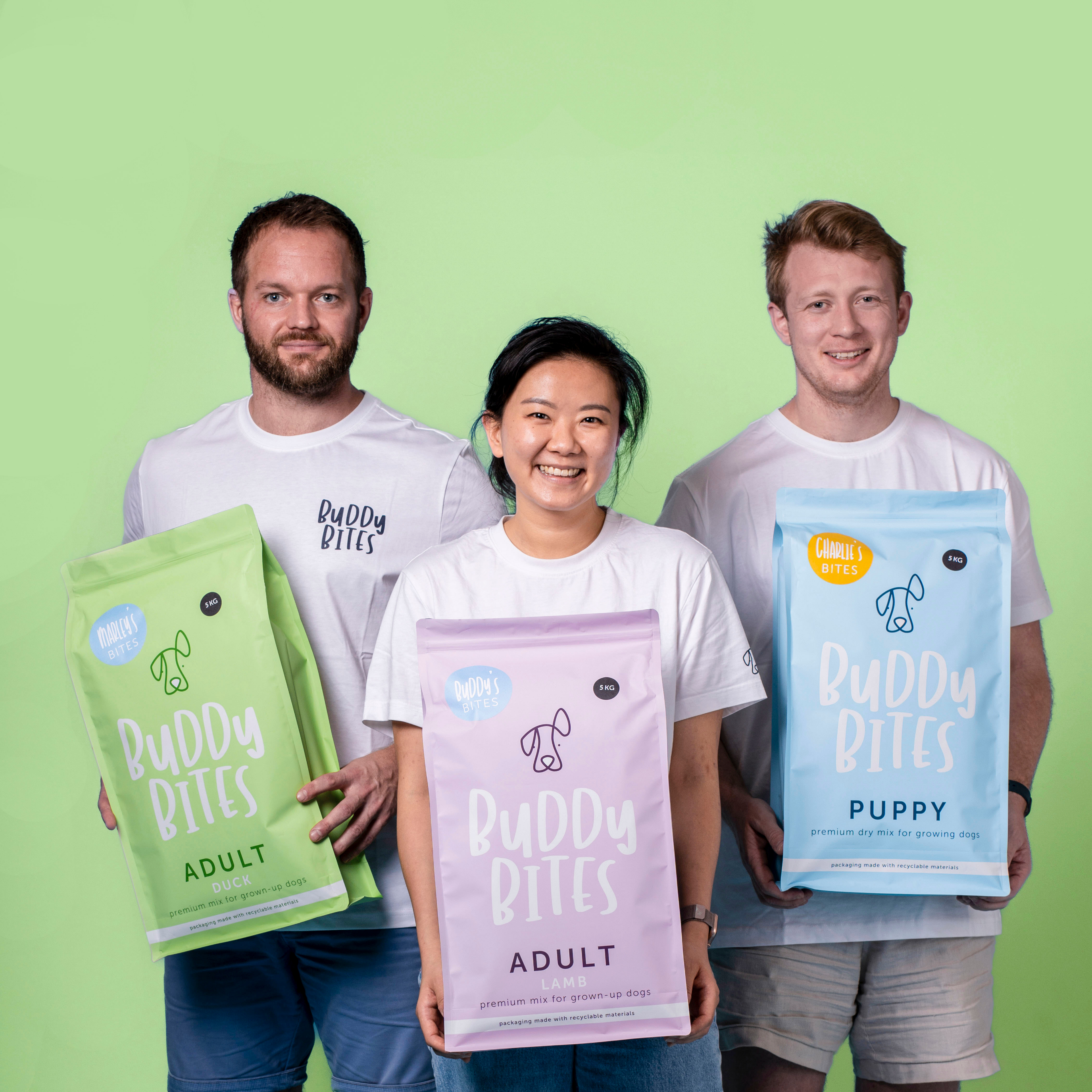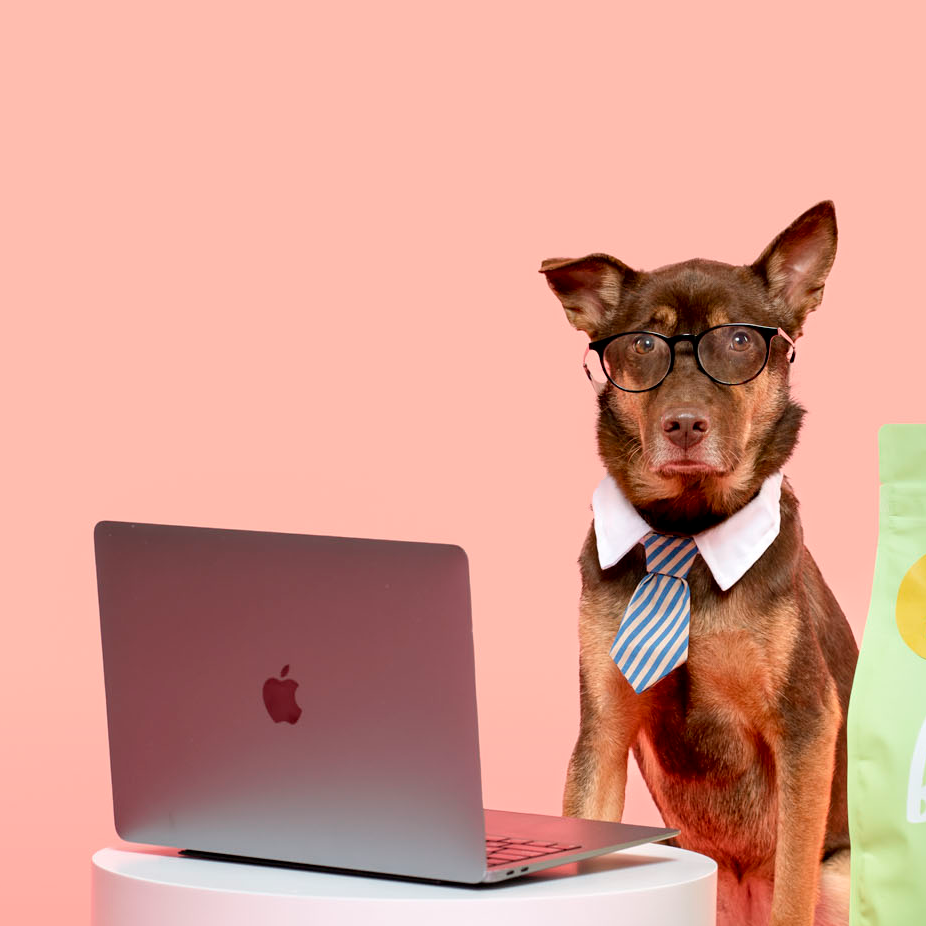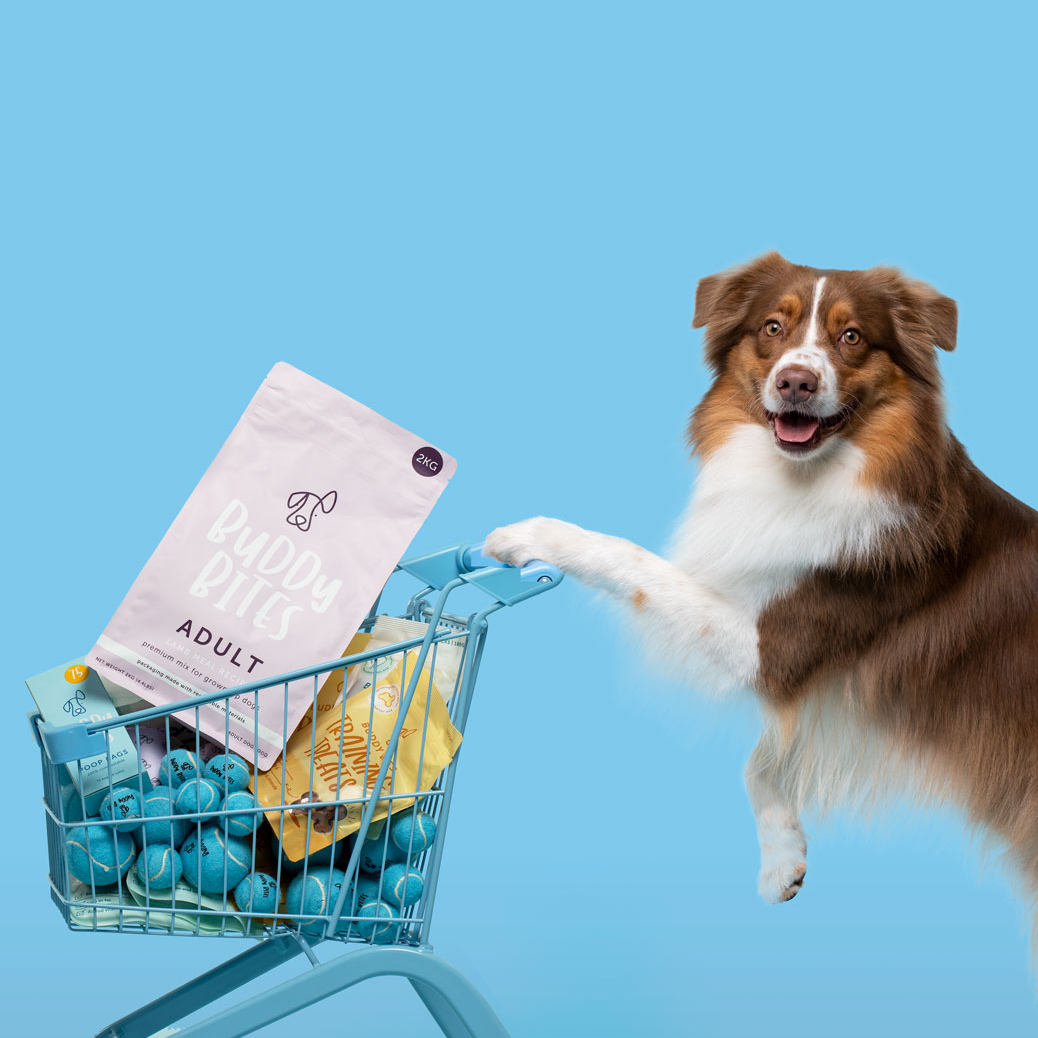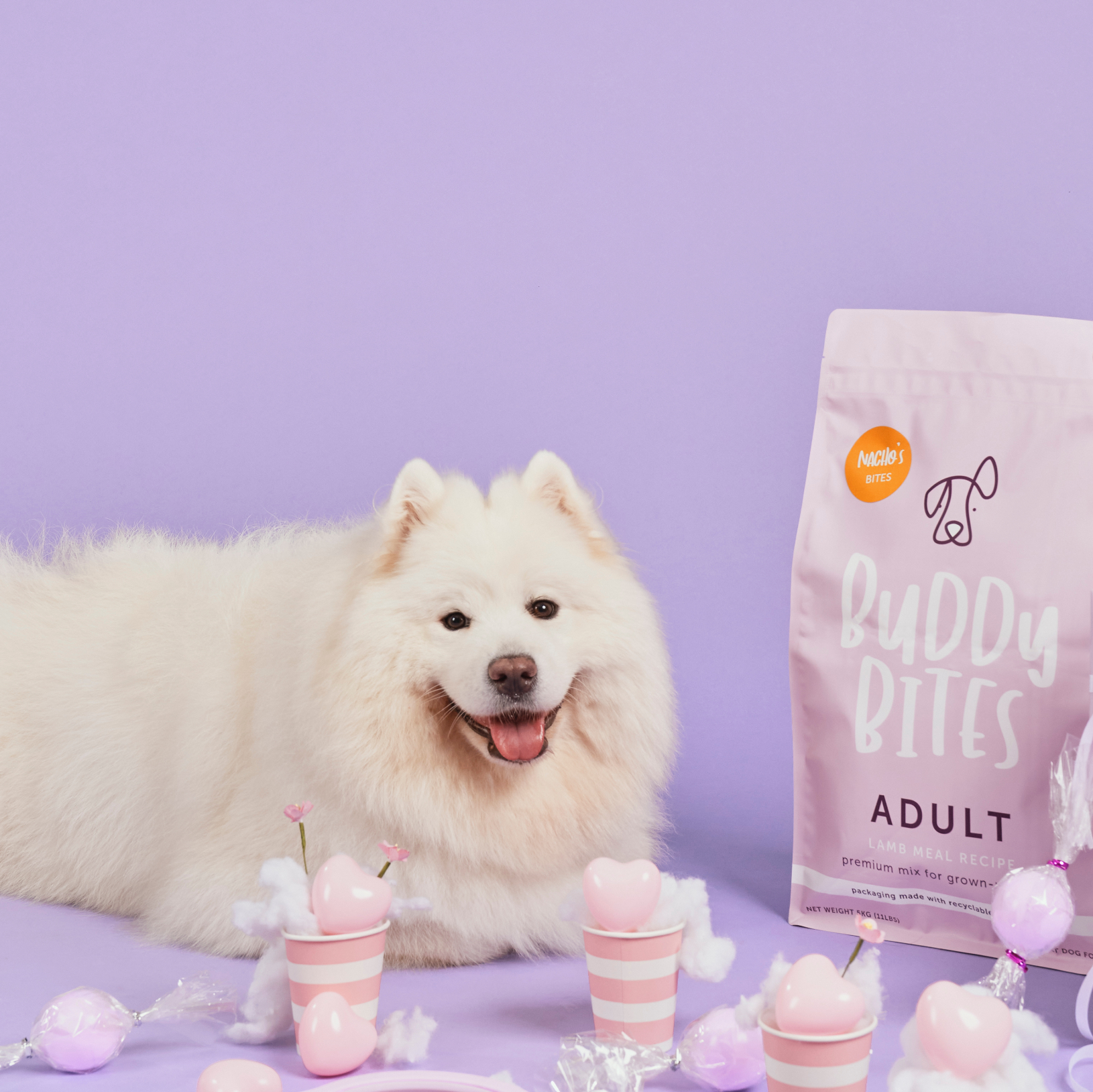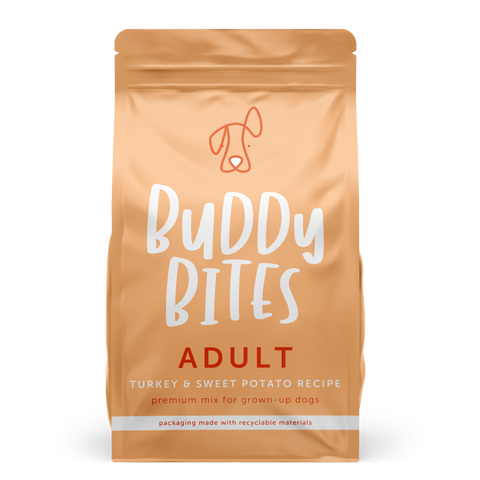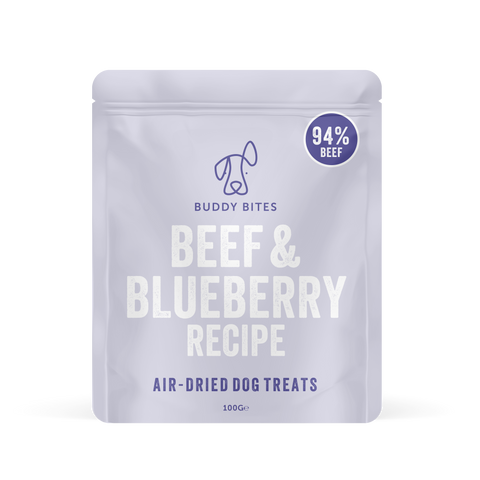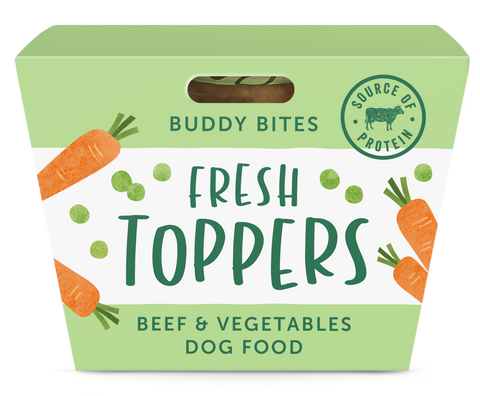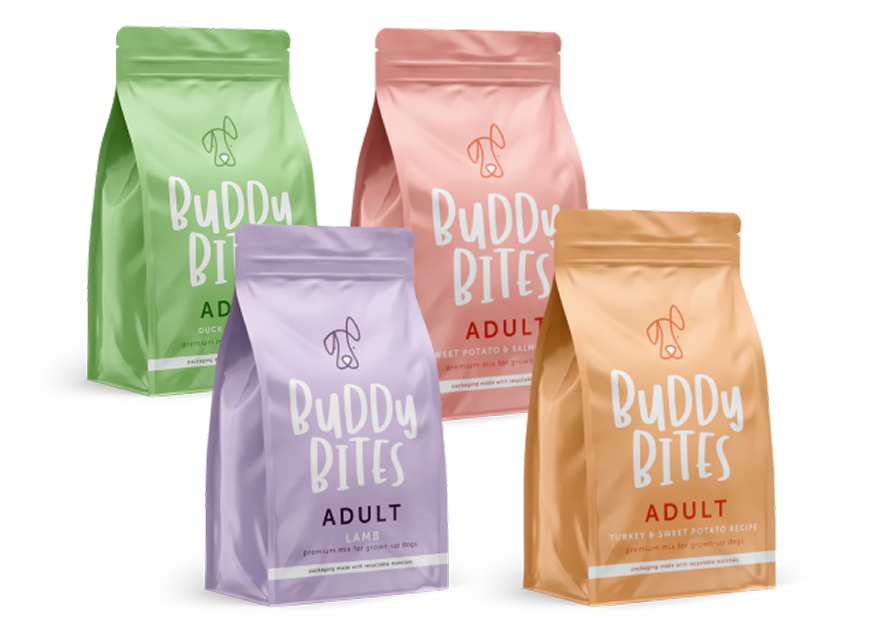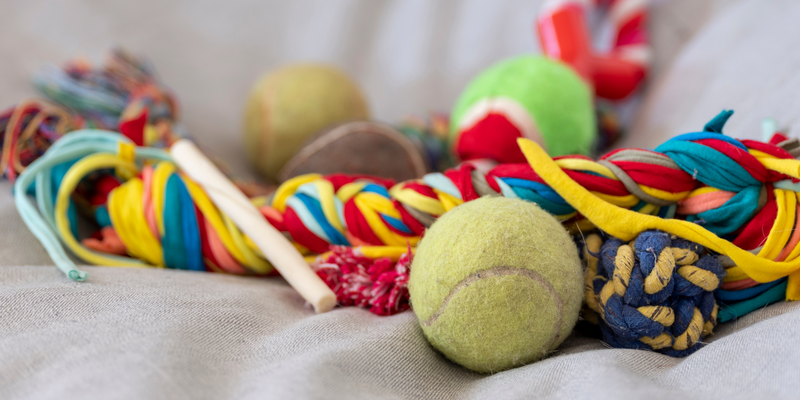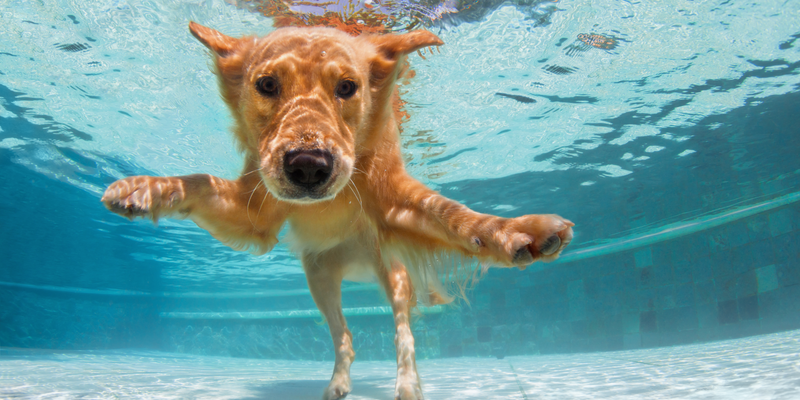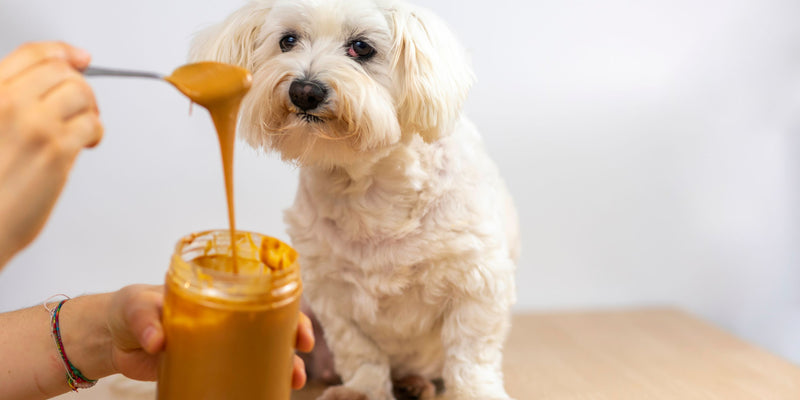The Do’s & Don’ts of Socialising your Dog
May 15, 2022
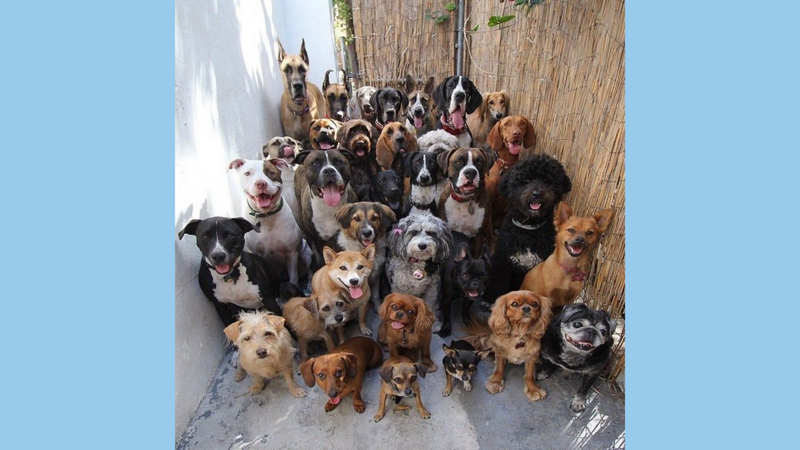
In an ideal world, every dog would get along and run free off the lead, adding joy and relaxation to every walk we take them on. Whilst that’s a lovely fiction…. we do not live in an ideal world and unless we put time and effort into how our dogs are gradually socialised, these joyful walks with our furry friend can become very stressful!
Some will argue ‘my dog is quite aggressive, it’s just their breed’. Whilst it is true that genetics play a part in your puppy’s development, they also begin to learn from the moment they open their eyes. The early days of their lives are the most important in the influence you can have over them and 8-16 weeks of age is where we can have the most influence on how they socialize. The reason for this is, at this age, they are becoming far more aware of the world around them, with this awareness can come a variety of emotions, both positive (what is safe, comfortable or fun for them) and negative (what is uncomfortable or scary for them).

The best thing to do is ‘start them early’ and doggy play dates with friends can be a great way to do this. But, be wary of taking them straight to the dog park and almost ‘forcing’ them to play with every other dog there as this can be incredibly overwhelming and have the opposite effect. Hopefully the below “Do’s & Dont’s” will help you in this process.
DO take your puppy to new places.
A puppy’s adolescence is preparation for all that it will see as an adult. But this needs to be gradual when it comes to intensity and duration. If the end goal is for your dog to be comfortable and happy interacting with lots of people and other dogs at a park, then you should take the pup to the park and give it the chance to acclimatize at a time that there are no other dogs/people around. Allow them to sniff, run around and generally get comfortable in that space, without being pressured into social interaction. If this is rushed then they may grow an aversion to being in the park at all, even when it’s quiet. But slowly build up to the end goal and you will notice them becoming more and more comfortable in that space, with less new variables to take in at once.
It is important to keep an eye on their body language during this transition. It is quite easy to spot that they have become nervous (stop walking, stop eating, licking lips despite no food being around, walking erratically in different directions, whining, trembling). You may need to slow down, give them time to relax, or retreat slightly to a space they are more comfortable with. It may be quite a time-consuming process, so it is also worth considering puppy classes, where these phases will be taught, whilst also being round other dogs (as and when the teacher feels they are ready).
This gradual ramp-up approach is applicable to other activities that may cause stress or anxiety (for both pup and owner!!), such as going to the vet, being in a taxi, going to the groomers. So, think how this end goal can be broken down into smaller steps and get started.

DON’T force it
The distinction between parenting and puppy-parenting needs to be made here. There will be many that feel a bit of tough love or encouragement to jump in at the deep end will be useful for kids in certain situations……pretty sure that’s how I learned to swim, anyway.…. the difference here is that once a child has been dragged out of the pool, a little shaken but invigorated by the fact he/she survived, the parent can explain the reasoning to them and after a minute will likely hurl themselves into the pool. We do not have that luxury with our pets and ‘pushing’ them through an uncomfortable situation will rarely result in a positive experience. It is far easier to develop good experiences over time than recover from bad experiences. Of course, if there are certain scenarios that your puppy is just not getting more comfortable in, we recommend speaking to an ethical trainer that can offer tailored approaches for your dog.
DO give them the opportunity to be around safe adult dogs and other puppies
A puppy playing, is a happy puppy! Puppies can learn a huge amount about social interaction through their play and you will often notice dogs giving each other a playful ‘bow’ before running around like lunatics, chasing each other and/or wrestling. This is one of many signals they have that it is indeed play time and they are invited to get stuck in! The sooner they can learn these different signals and be comfortable enough to join in, the sooner they will be begging to go to the dog park!
The social needs of a puppy should be met several times a week in order to set them up for success and provide them with safe and fun experiences.
DON’T deny them treats!
There are some wild theories out there that suggest you should not give treats to your dog when they are afraid or nervous, as this will reinforce these emotions. This is just not the case. However, it is wise to offer a distraction to whatever is upsetting them, before rewarding them with a treat.
If, for example, you are walking your dog in your neighbourhood and there is a dog or a property you are walking past that (regularly) causes your dog to become anxious and they start whining, ask them to sit/lie down/give you their paw and reward immediately with a treat and a solid head scratch. What you achieve here is distracting them from what is distressing them, reassuring them and then rewarding them for blocking it out.
As a child, if something was scaring you, a forceful response is very unlikely to stop you being afraid. But a reassuring arm round the shoulder and a treat in the shape of your favourite food……far more likely to do the trick!
Your puppy won’t reach full maturity until they are around 2-4yrs old, so their fears and anxieties are likely to get attached to different things over the years. It may be that they are suddenly anxious about something they were fine with previously. So, how we react to this is important – just because they were comfortable with something the week before, does not mean we can ignore their fear of it today.
All in all, our suggestion is that you start early, take your time…….and always take some Buddy Bites training treats with you on your puppy adventures!

